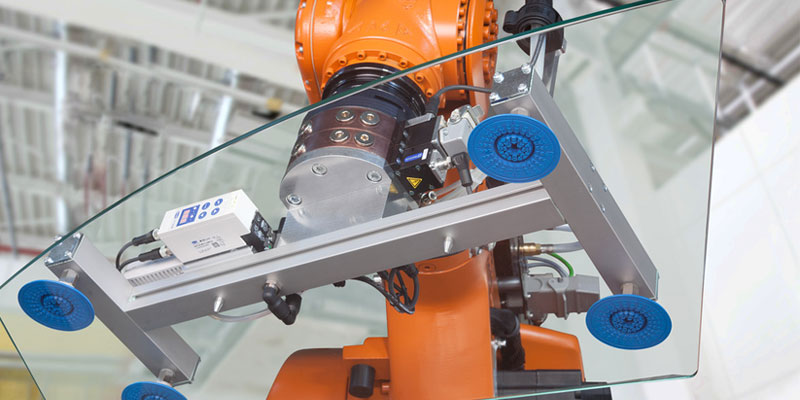Schedule a Call Back
How Blockchain is transforming logistics industry
 Interviews
Interviews- Oct 01,18

- Enhanced Transparency: Accurate documentation of a product’s journey across the supply chain helps reveal its true origin and touch points on an open, easily accessible platform. This in turn helps build trust and eliminates the bias found in today’s opaque supply chains. Customers and Logistics Service Providers can thus share logs with OEMs and regulators, creating a transparent and trusted process
- Greater Scalability: Virtually any number of participants, accessing from any number of touch points, can easily be added to the process, making it vastly scalable
- Better Security: A shared, permanent and tamperproof ledger with codified rules helps to potentially eliminate the multiple audits required by internal systems and processes
- Increased Innovation: The decentralized architecture coupled with scalable, secure and transparent framework opens up vast opportunities to create new, specialized uses for the technology
Related Stories
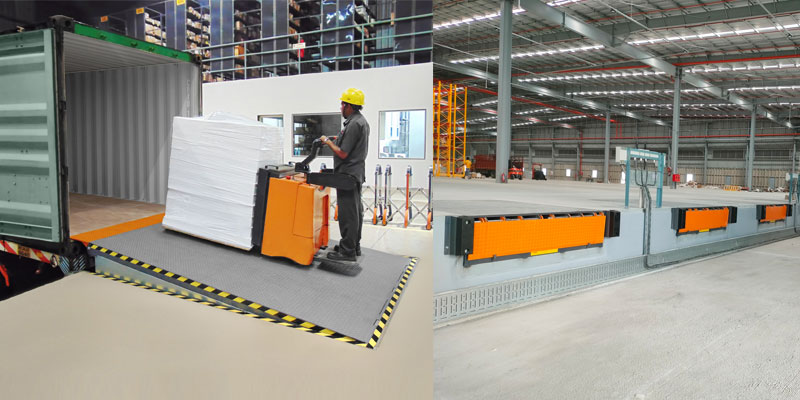
Gandhi Automations Redefines Loading Bay Safety with Dock Levelers
Gandhi Automations strengthens loading bay efficiency with EN-compliant dock leveler solutions.
Read more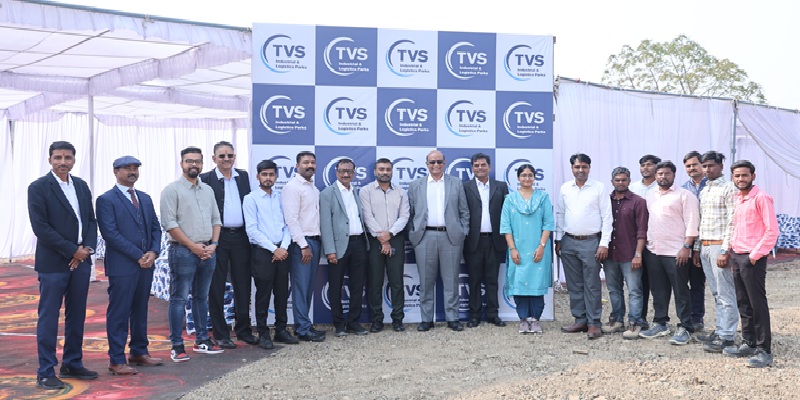
TVS ILP Begins Work on Rs 2.5 Billion Grade a Logistics Park in Indore
TVS ILP has held a Bhoomi Pujan for a 20-acre logistics park in Indore, set to begin operations by August 2026.
Read more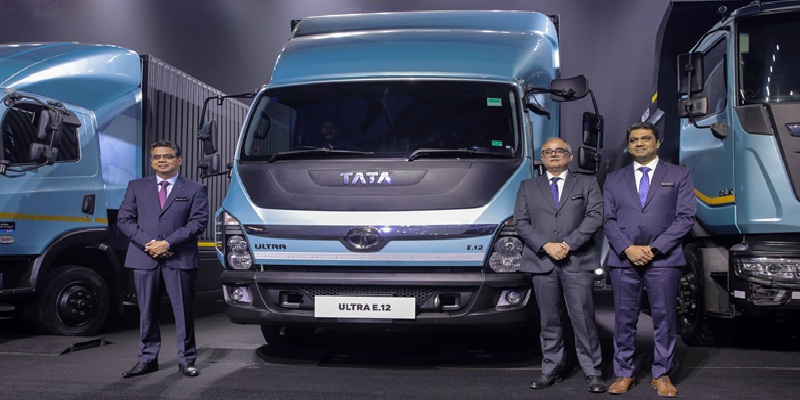
Tata Motors Launches Next-Gen Truck Portfolio from 7 to 55 Tonnes
Tata Motors unveils 17 next-generation trucks spanning diesel and electric platforms, setting new benchmarks in safety, efficiency, payload and digital fleet management.
Read moreRelated Products
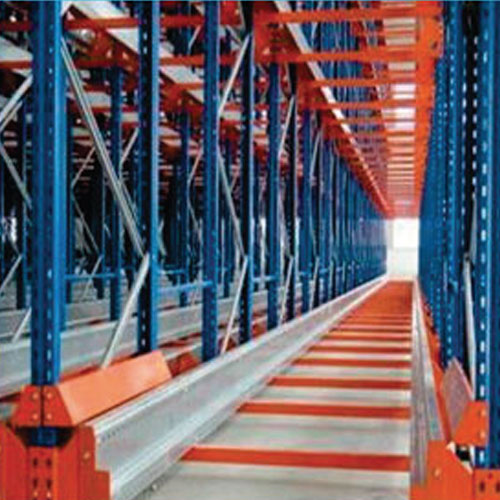
Pallet Shuttle Racking
SCI Storage Solution offers a wide range of pallet shuttle
racking.
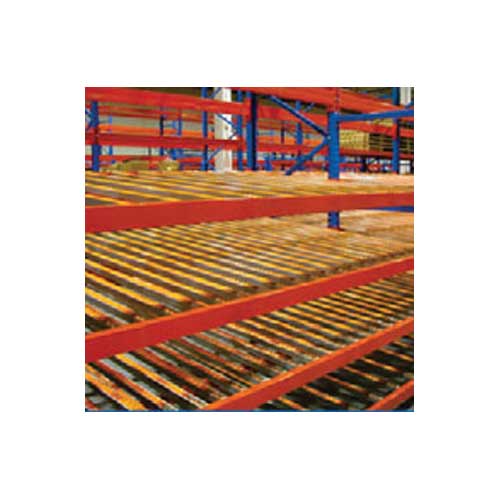
Gravity Flow Pallet / Shelving Racking
SCI Storage Solution offers a wide range of gravity flow
pallet / shelving racking.
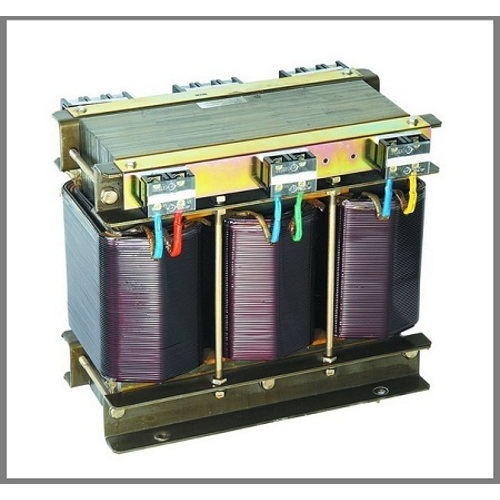
Auto Transformer
HCS Power Ventures Pvt Ltd offers Auto Transformer. Servottam Autotransformer is an electrical transformer with only one winding. The "auto" prefix refers to the single coil acting on itself and no Read more





